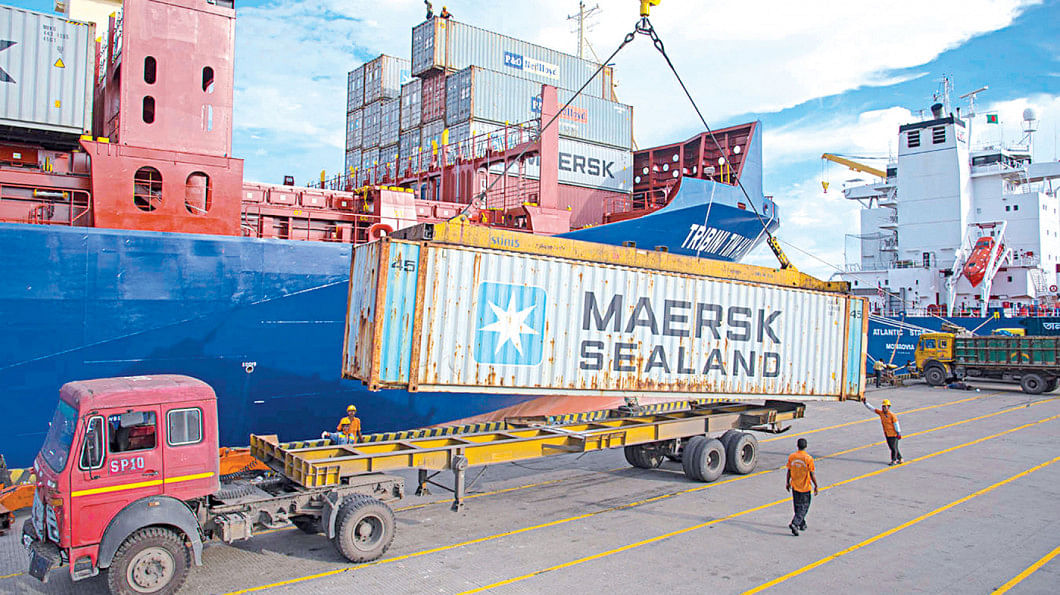Reducing penalty on false declarations will encourage smuggling: experts

In the Finance Ordinance 2025–26, presented on Monday, the government proposed amending the Customs Act 2023 and revising the penalty structure for tax evasion related to intentional false declarations during import clearance, reducing the minimum fine from twice the evaded amount to an equivalent sum.
"The intent behind reducing the penalty was to ease compliance for traders," said a senior official of the Ministry of Commerce, speaking on condition of anonymity.
However, while some importers have welcomed the change, experts caution that the policy shift may undermine transparency and regulatory discipline and encourage fraudulent practices among importers.
Analysts argue that sustainable economic development demands stringent enforcement of rules against fraudulence. Without firm action, they warn, long-term revenue collection and market stability could be severely compromised.
Iftekharuzzaman, executive director of Transparency International Bangladesh (TIB), told The Daily Star, "This provision is going to further incentivise evasion of duties and taxes.
"Expanding the scope to manipulate invoices, which is a key channel of illicit financial transfers, will encourage money laundering," he said.
"It also implies impunity rather than accountability for collusive corruption," he said.
"This is disappointing and self-defeating for the interim government, entrusted with the task of state reform, at the core of which are control and prevention of corruption, tax evasion and money laundering," Iftekharuzzaman added.
SM Nazer Hossain, vice-president of the Consumers Association of Bangladesh, told The Daily Star, "If the government fails to take strong action against revenue evasion, fraudulent activities will rise, causing exponential losses.
"A reconsideration of the penalty framework is necessary," he added.
In June 2020, the NBR introduced a minimum fine for false declarations, set at twice the amount of revenue evaded. Depending on the extent of the irregularities, the penalty could go as high as four times the amount owed.
There was no minimum fine prior to this.
After the rule was implemented across all customs stations and houses in August 2020, customs revenue saw a marked increase as the number of such incidents dropped significantly.
According to Custom House, Chattogram, the policy had a strong and immediate impact.
Revenue collection jumped by over 25 percent in FY21, shooting up from Tk 41,854 crore in FY20 to Tk 51,576 crore -- breaking the trend of slow or stagnant growth.
Customs revenue rose from Tk 31,300 crore in FY16 to Tk 36,657 crore in FY17, Tk 42,344 crore in FY18 and Tk 43,577 crore in FY19.
In the years since, revenue has continued to grow, hitting Tk 62,140 crore in FY22, Tk 62,658 crore in FY23, Tk 68,563 crore in FY24, and approximately Tk 69,000 crore by May of FY25.
This consistent upward momentum suggests stricter penalty measures discouraged false declarations and significantly boosted government revenue.
In total, the latest Finance Ordinance proposed changes to 15 sections of the Customs Act 2023.

 For all latest news, follow The Daily Star's Google News channel.
For all latest news, follow The Daily Star's Google News channel. 



Comments